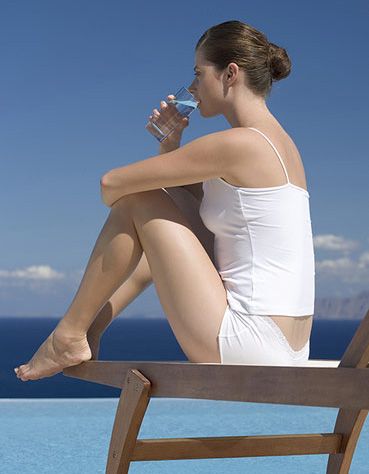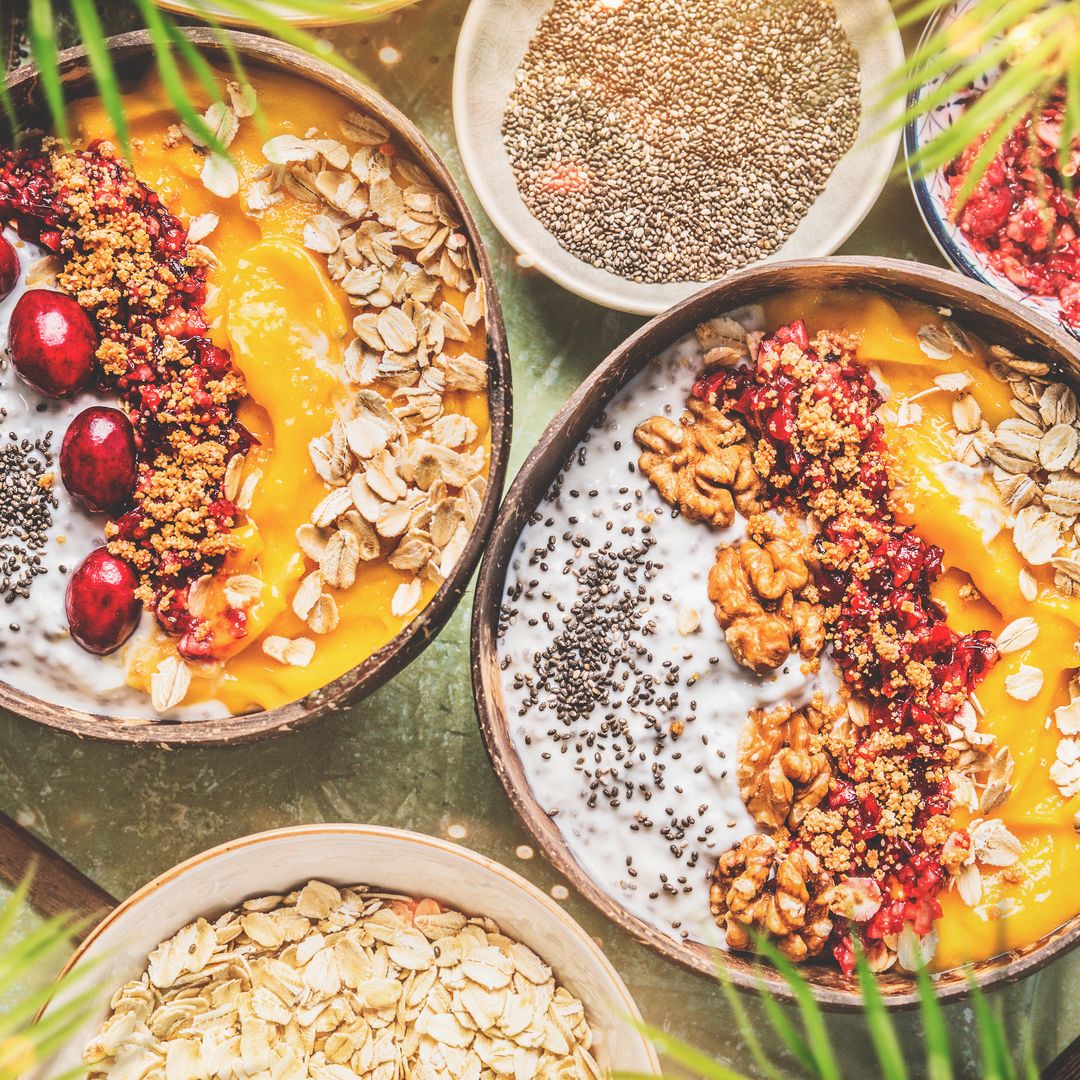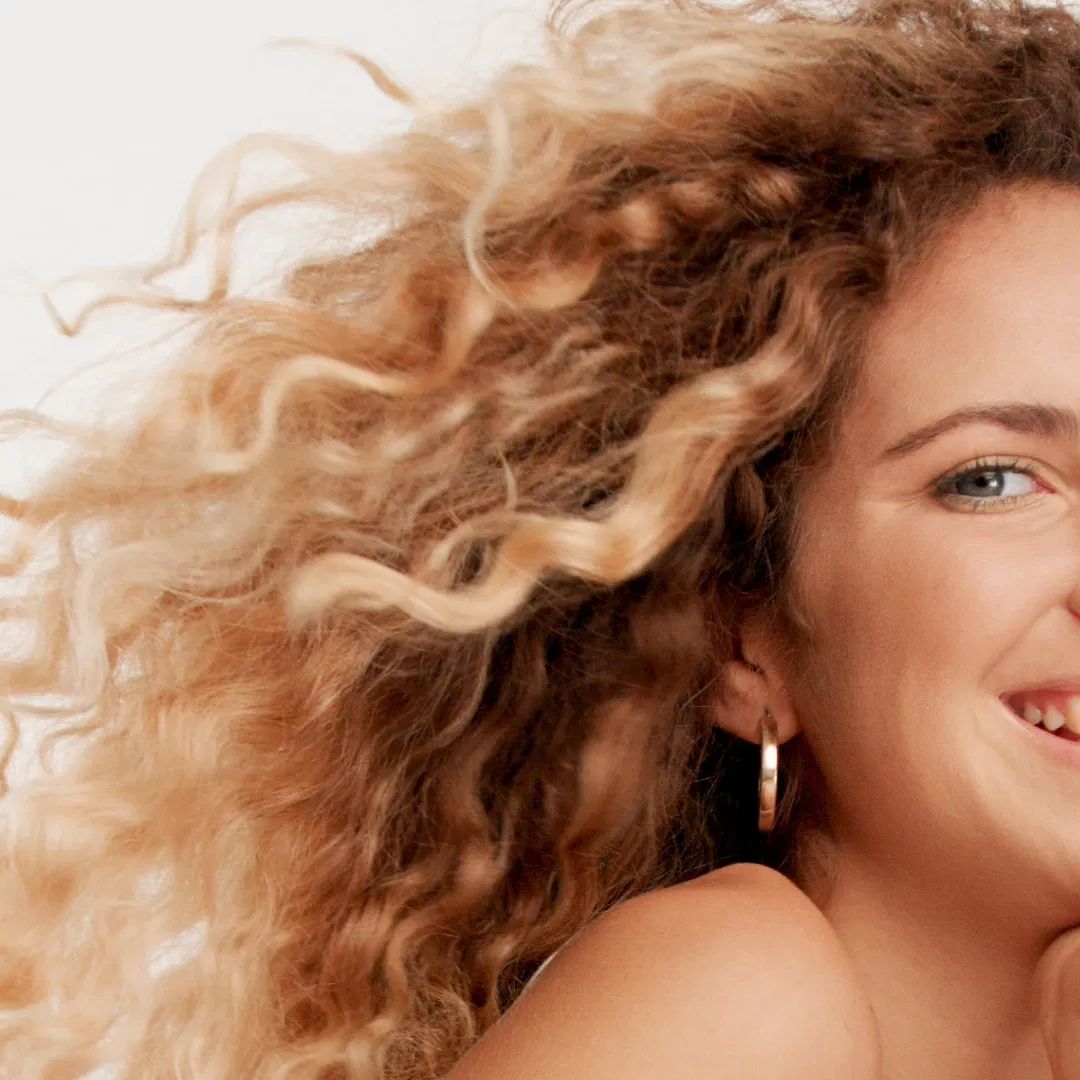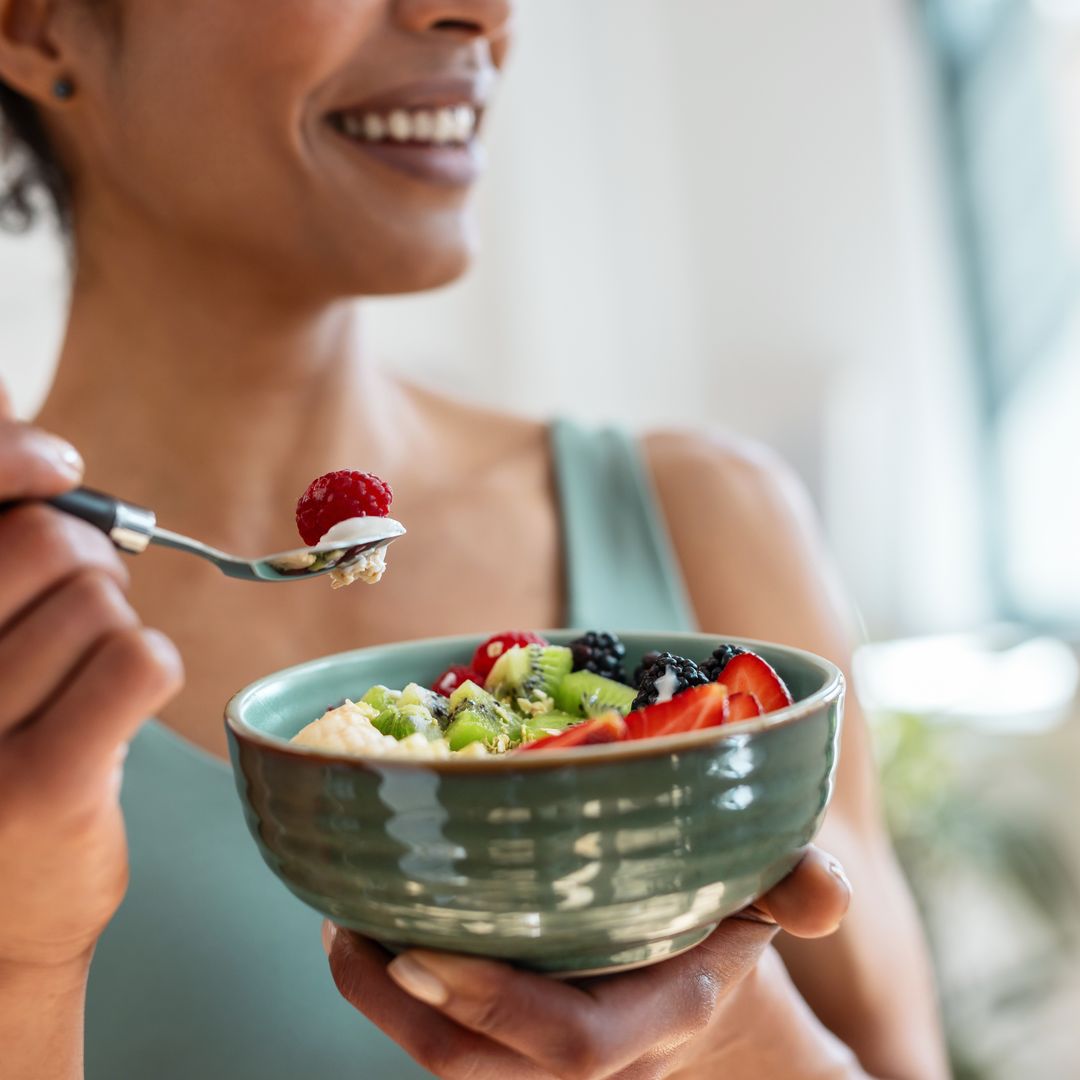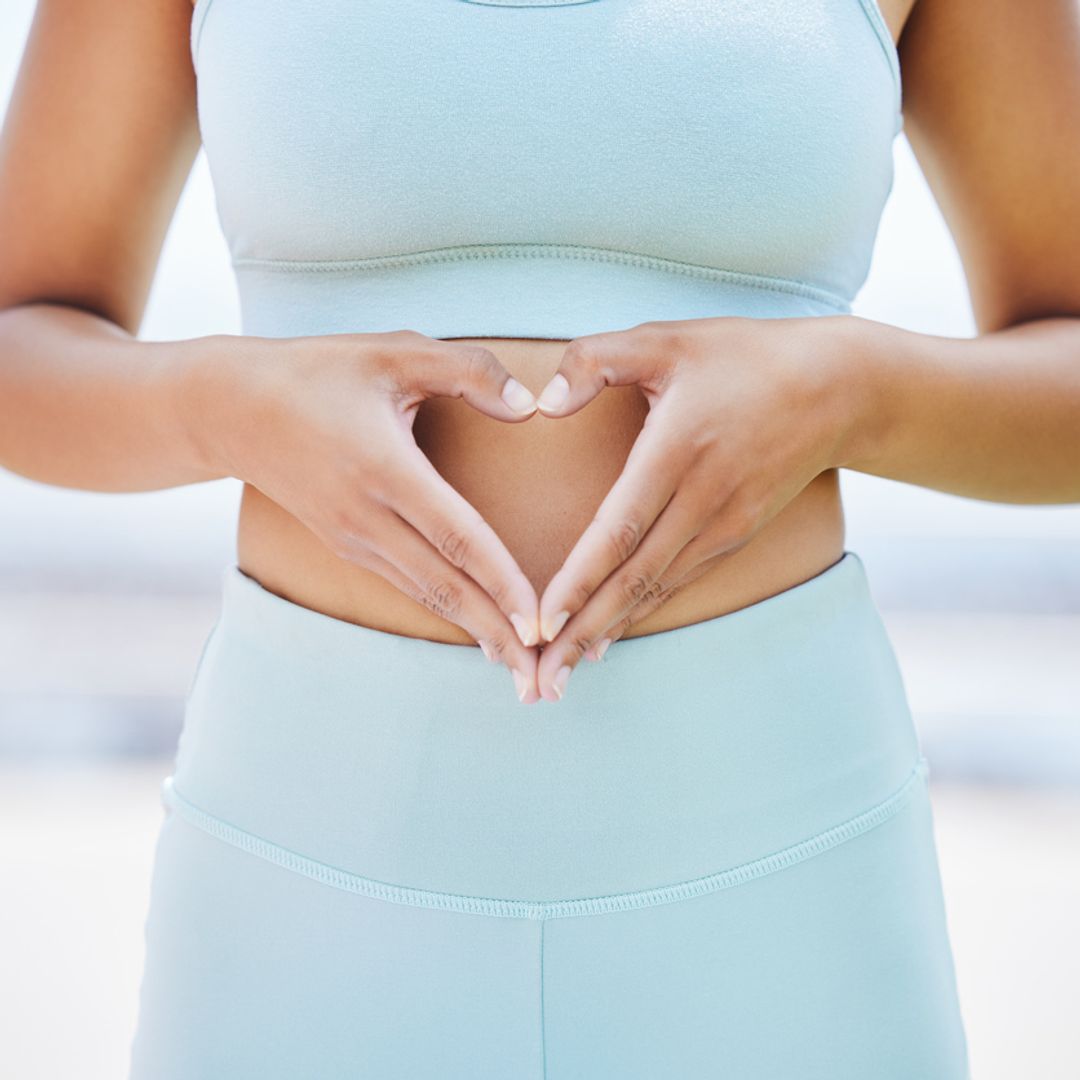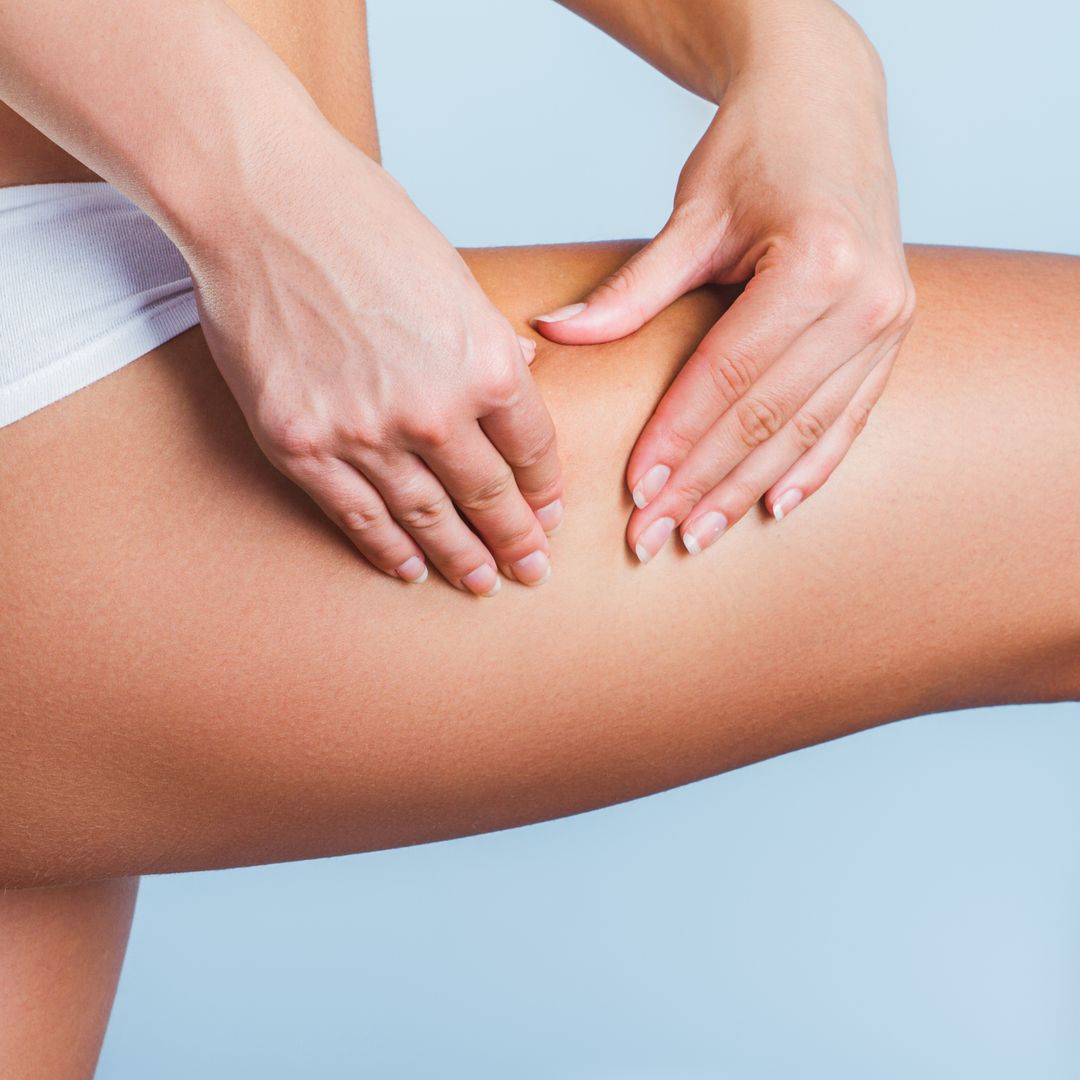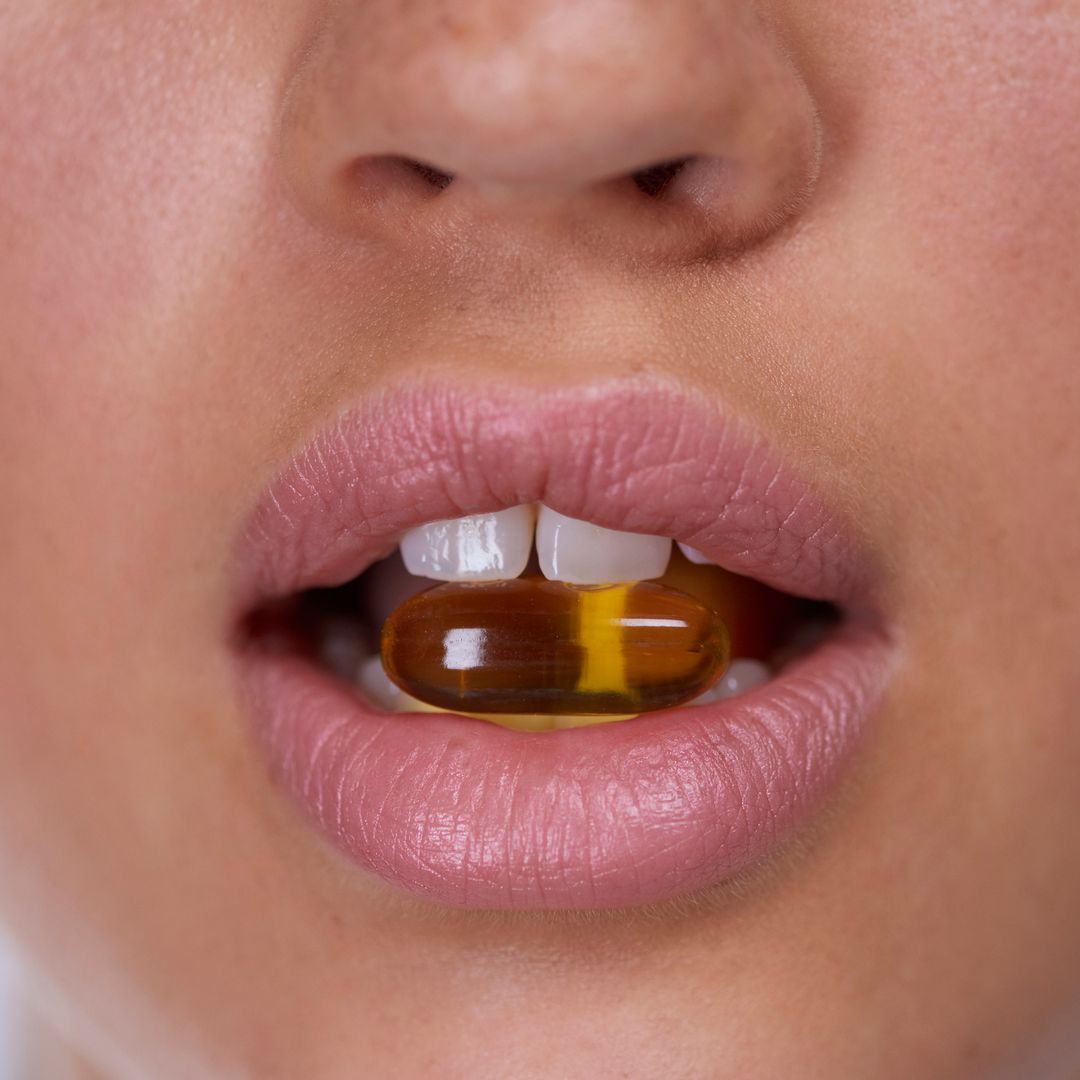The exact figure depends on health, sex, age, lifestyle and the climate we live in, but on average, our bodies are 65% water. And each day we lose around two and a half litres of water through urine (1500 ml), faeces (150 ml), sweat (350 ml) and simply breathing (400 ml). Clearly, we need to balance that loss to keep our system well-hydrated, paying particular attention to hot weather and other times when we suffer major fluid loss such as when exercising intensely, or when suffering diarrhoea, vomiting, fever, or burns. This raises the question of just how much water we need to drink. A figure of around two litres (around three and a half Imperial pints, or four and a quarter American pints) is frequently cited, but how accurate is this?
At the request of the European Commission, in 2008, the European Food Safety Authority (EFSA) gathered together a panel of 21 experts in health and nutrition to draw up a scientific report on the subject. The study defined nine separate groups, from babies under six months to adults over 75; it took into account sex as well as age, and pregnant women and nursing mothers were considered separately.The panel established that water is an essential requirement for good health, playing a part in digestion, the transportation of nutrients to tissues, the circulation of body fluids, lubrication of joints and regulation of body temperature. Their findings are reflected in a report entitled How much water does my body need? which sets out the quantity of water needed for the human body to function correctly. Among the recommendations are:
- In normal temperature conditions and subject to moderate physical activity, adolescents from 14 years, adults and elderly women should all drink two litres of water a day.
- Under the same normal conditions, the figure for men is two and a half litres.
- During pregnancy, women should increase their daily water intake by 300 ml.
- When breastfeeding, women should increase their daily water intake by 700 ml.
- The elderly should be particularly careful about their daily fluid intake as the sensation of thirst and renal capacity decrease with age.

